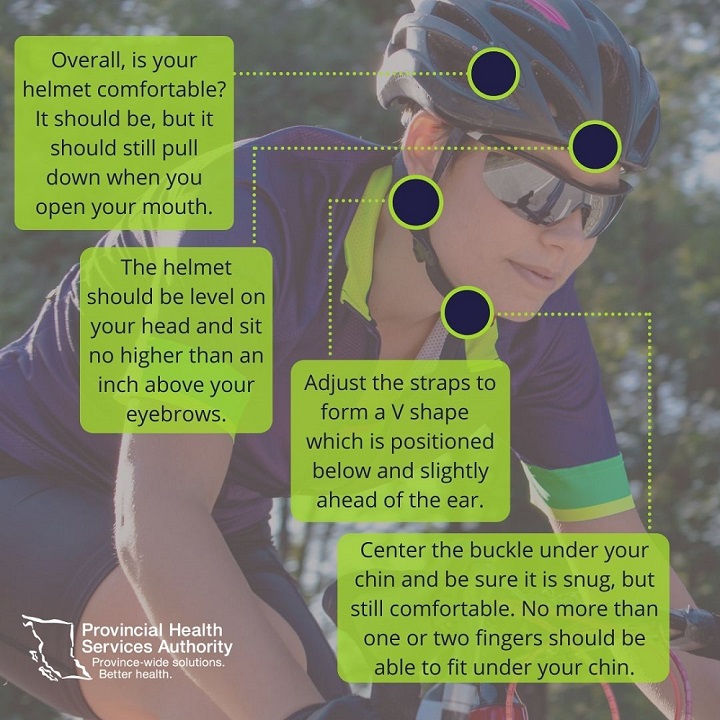Ruth Hartnup is a frequent snowboarder and mountain biker. She and her family were biking on the trails at Lost Lake Park in Whistler B.C. in the summer when their day ended earlier than they had planned.
“When I set off on the trail, I wasn’t completely ready or in the right frame of mind,” remembers Ruth. It was a fairly straightforward blue trail that she had taken many times before without incident.
“I went off this tiny little drop and, because I was in the wrong body position, the bike started pitching forward.”
Ruth, panicking, braked abruptly and was launched over the handlebars of her bike. She landed on a rock head and hand first.
“The right side of my forehead, where it meets the hairline, hit the rock really hard. I was wearing a helmet though, so it didn’t cause me any pain or head injury whatsoever,” she explains. “My partner helped me up, and that was when I realized my hand was hurting. I looked down and my pinky finger was twisted around in the wrong direction. Not how a hand is supposed to look!”
Although she suffered no head, neck or spinal injuries thanks to her helmet, Ruth had broken three bones in her hand and pinky. Fortunately, the Whistler Health Care Centre was able to set and splint her little finger quickly and cleanly after her accident so she didn’t require surgery.
Ruth's recovery is going as well as can be expected. It's now a case of patience as she heals.
"Although it was silly mistakes like rushing into the trail and hitting the brakes, I'm just very glad that I had a good helmet," Ruth says. "I also clearly remember every single cyclist I saw on my way out saying 'You do know you can't use that helmet again?'"
Bicycle helmets must be replaced any time they are involved in a crash situation. The strength and structural integrity, as well as the padded foam interior, is intended for one-time use – like a car's airbags. You also need to replace a bicycle helmet if you've had it for more than five years, with or without incident.
Any time you cycle – especially if you are on the road – it is crucial that you wear a properly fitting helmet. Not wearing a helmet is illegal, which means you risk being fined. More importantly, it could save your life in a crash or a fall! Check that your helmet fits level on your head and sits no higher than one inch above your eyebrows. This ensures that it adequately protects your forehead, just like Ruth's did. You also need to tighten the chin strap to be snug enough that it will not roll off, but not so tight that it is uncomfortable.
Read more cycling safety tips from
ICBC and from Parachute Canada.

Trauma Survivors Day: Oct. 17
The overall impact of traumatic injury is staggering. For people under age 45 in Canada, it is the principal cause of death. In B.C. the yearly cost of injury exceeds $4.5 billion, and of the 750,000 British Columbians injured each year, about 1,500 die, and 9,000 suffer permanent physical and mental disability. 90 per cent of the 750,000 injuries are predictable and preventable.
In terms of sports and recreation, the most common types of sports injuries in B.C. are related to cycling, skiing/snowboarding, all-terrain vehicle use, playground use, hockey and skateboarding. Children and youth aged 10 to 19 years old sustain the greatest number of sports injuries.
October 17 is Trauma Survivors Day in B.C., a provincially proclaimed day to build public awareness of the impacts of traumatic injury and provide education of prevention strategies. It’s also a day to acknowledge survivors and their families who may be living with the physical and mental impacts of traumatic injury.
Trauma Services BC is dedicated to ensuring optimal care for trauma patients in British Columbia. Learn more at the Trauma Services BC website.
